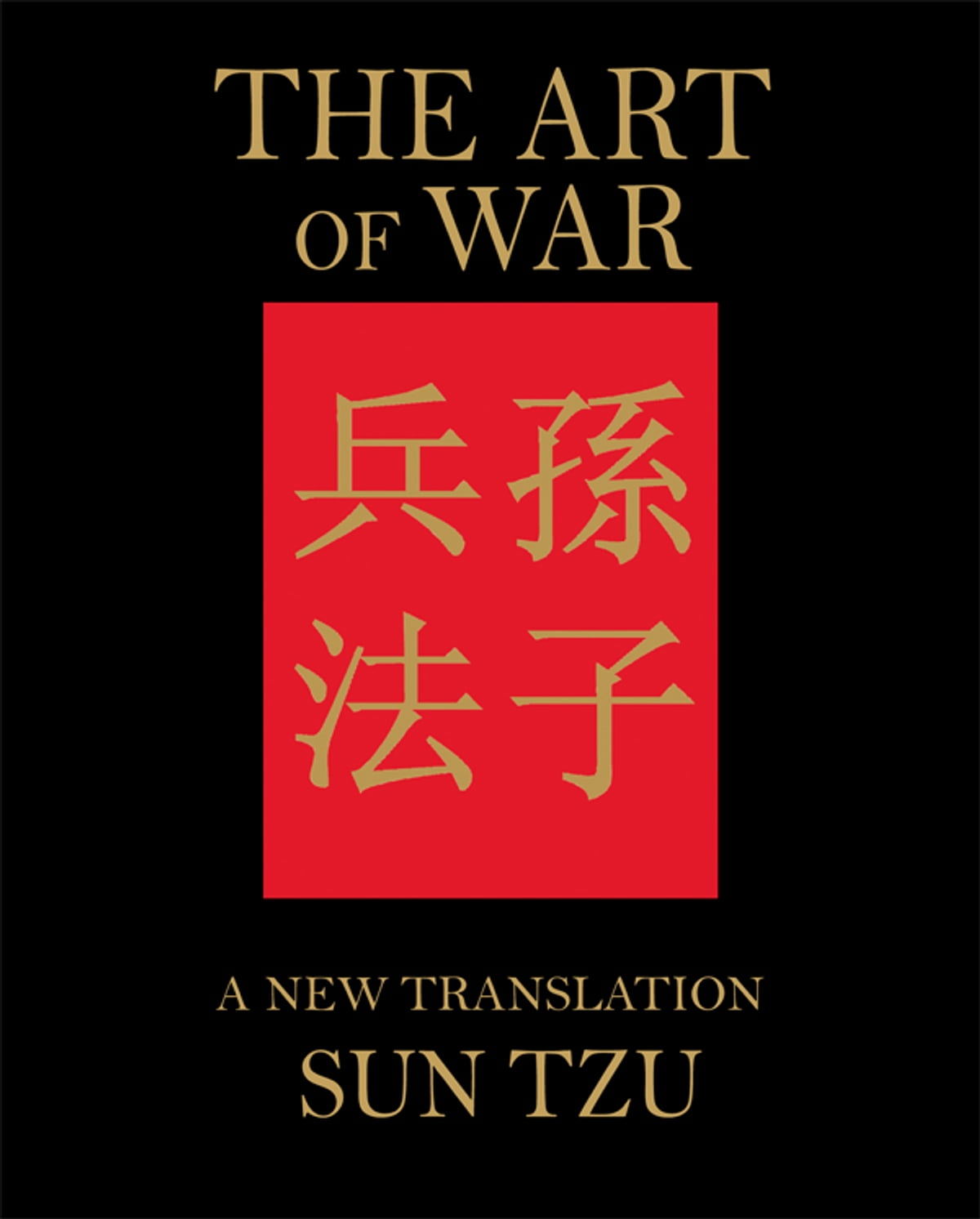
"The Art of War"
"The Art of War" is composed of thirteen chapters, each addressing a specific aspect of warfare. The treatise emphasizes the importance of thorough planning, strategic thinking, and understanding the nature of conflict. It explores various principles and strategies that are applicable not only in military engagements but also in other competitive endeavors.
Some key concepts and ideas from "The Art of War" include:
-
Importance of Sun Tzu: Sun Tzu highlights the significance of knowing oneself and one's enemy, as well as understanding the terrain and the conditions of the battlefield. He emphasizes that victory comes from exploiting advantages and avoiding weaknesses.
-
Strategic Planning: The treatise stresses the importance of careful planning, meticulous preparation, and comprehensive analysis before engaging in any conflict. Sun Tzu suggests that winning without fighting should be the ultimate goal, achieved through effective strategies and tactics.
-
Deception and Intelligence: Sun Tzu places great emphasis on intelligence gathering, spying, and employing deception as tactics to gain an advantage over the enemy. He emphasizes the importance of understanding the enemy's intentions and capabilities while concealing one's own plans.
-
The Five Factors: Sun Tzu identifies five key factors that should be assessed before engaging in a conflict: the way, the weather, the terrain, leadership, and methods. Understanding and analyzing these factors enable the formulation of effective strategies.
-
Types of Warfare: Sun Tzu categorizes different types of warfare, including direct, indirect, defensive, and offensive approaches. He emphasizes the importance of adapting strategies to suit the specific circumstances and objectives.
"The Art of War" has been widely studied and applied not only in military contexts but also in business, politics, and sports. Its principles continue to be influential, as they offer valuable insights into strategy, leadership, and competitive dynamics.
